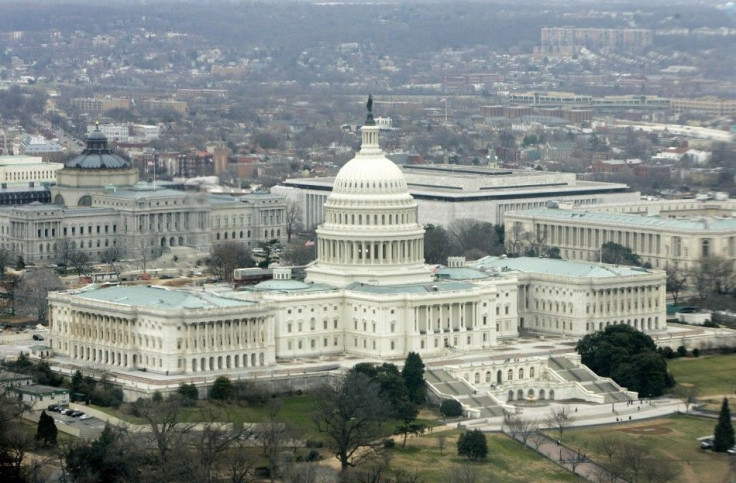Super Committee: Bipartisan Group Says 'Go Big'

A bipartisan and bicameral group of 45 Senators and 102 Representatives have banded together to encourage the budget deficit super committee to go big.
Tentatively calling themselves the Go Big Caucus, the lawmakers submitted a letter calling for consensus and big ideas at a time when partisan bickering has slammed the brakes on progress.
The seriousness of the debt challenge can only be met with an equally serious and bipartisan determination to do what needs to be done, said House Minority Whip Steny Hoyer, D-Md., said at a news conference, flanked by senior members of both parties.
The dozen-member committee's Republicans have submitted their tentative proposal. The plan, drawn up by U.S. Sen. Pat Toomey, R-Penn., calls for tax cuts for the highest level of earners, offset by a limit to the number of deductions offered to the rich. Democrats dismissed the offer outright.
Republicans claim the Democrats have yet to propose a counter offer, and will not move forward with negotiations until one emerges.
I'm not moving this particular offer, said super committee co-chair U.S. Rep. Jeb Hensarling, according to Bloomberg. I'm still waiting for Democrats to actually solve the problem of entitlements. Should that come, I would be more than willing to negotiate.
Key Issue Remains: Taxes
The snag between the parties continues to be taxes.
Democratic aides told Bloomberg their party's super committee members did come with an offer six days ago, which included $401 billion in new tax revenue and a bar on making the tax cuts enacted under President George W. Bush permanent. Republicans immediately balked at the offer.
The pressure from the lawmakers comes as the super committee, formally known as the Joint Select Committee on Deficit Reduction, approaches its Nov. 23 deadline.
It was established as part of a deficit reduction deal, the Budget Control Act, in exchange for raising the nation's debt ceiling on Aug. 2. While the U.S. government was allowed to borrow up to $2.4 trillion more through 2013, the super committee was charged with reaching a bipartisan consensus on $1.2 trillion in deficit reduction over the next decade, in addition to the roughly $900 billion in deficit reduction Congressional Republicans and President Barack Obama agreed to as part of the August debt deal.
Congress then has until Dec. 23 to pass the committee's recommendations, otherwise trigger cuts, in the form of slashes to defense spending and Medicare benefits, would be automatically enacted.
© Copyright IBTimes 2024. All rights reserved.





















